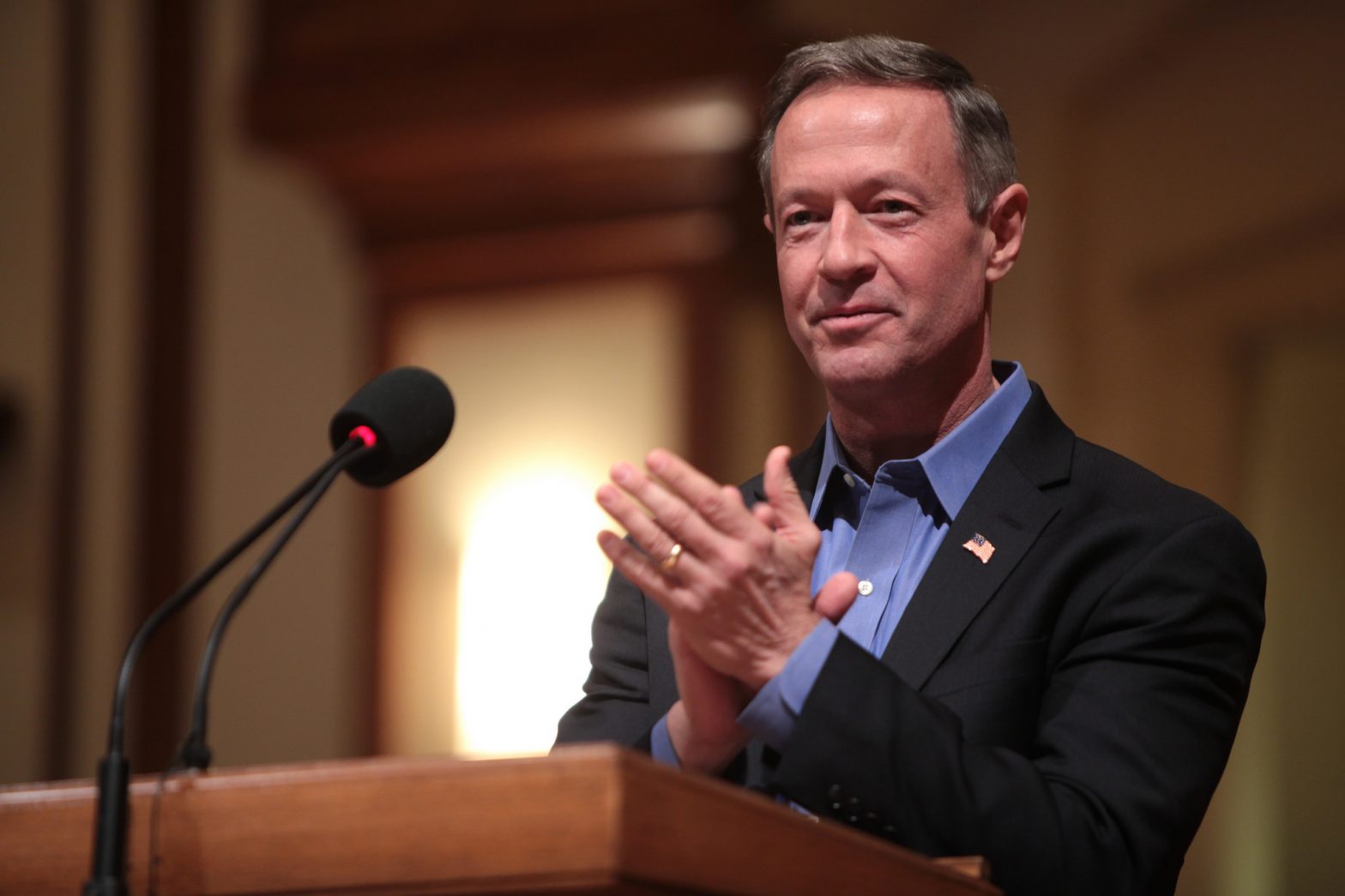
Photo: 23943950799_4e091650d4_k
Four takeaways from the Smart Cities Innovation Summit
23 June 2016
by Mythili Sampathkumar
Mobility innovation, climate change, connecting under-served communities, and harnessing science and technology for public services were just some of the topics addressed last week at the 2016 Smart Cities Innovation Summit in Austin, Texas.
Not all services can be offered by one party
Dr Reginald Brothers, Under Secretary for Science and Technology at the US Department of Homeland Security, highlighted the importance of fostering better public-private partnerships by noting during a panel discussion that, “the government isn’t driving this technology, industry is, academia is,” so local authorities should focus on what he called their “value-add” in order to employ the technology.
Capacity can be increased
Mark Dowd of the US Department of Transportation was on hand to focus on smarter urban mobility. Dowd explained that making a smarter city is “not a huge, multi-billion dollar project, it’s a bunch of small projects that work together.” He said that the private sector and partnering with universities could be especially helpful for smaller to medium-sized cities that are growing but do not yet have the capacity to have their own dedicated Chief Technology Officer.
Dowd also noted that he feels “there’s an urgency to get technology out to users in cities in order to test” and refine it because “we don’t have a lot of time to figure this out,” but probably the most efficient way to do that is to partner up with companies and universities in that city.
Innovation and communication cannot happen in a silo
Martin O’Malley, former Mayor of Baltimore, Maryland and Governor of Maryland, said during a panel discussion that “innovation must be integrated” into the daily operations of cities along with reaching out to other mayors. He noted, “I’ve never met a mayor that said ‘you know i spent way too much time learning from other cities.’”
Citizen engagement cannot be ignored
The Mayor of Veldhoven, Netherlands Jack Mikker went one step further to say that there needs to be increased collaboration between local authorities and their citizens. Mikker said though central governments have important political and policy discussions, city mayors are the ones actually working to solve day-to-day problems and therefore the “key to [being a smart city] is treating citizens as co-creators” of solutions and programmes.
In attendance were mayors from all over the world, US government officials, and several companies like Hitachi, Verizon, and Atos that presented their products and services used to improve crime and traffic mapping, security, air quality, and other issues in the concurrent Global Cities Team Challenge Expo.






